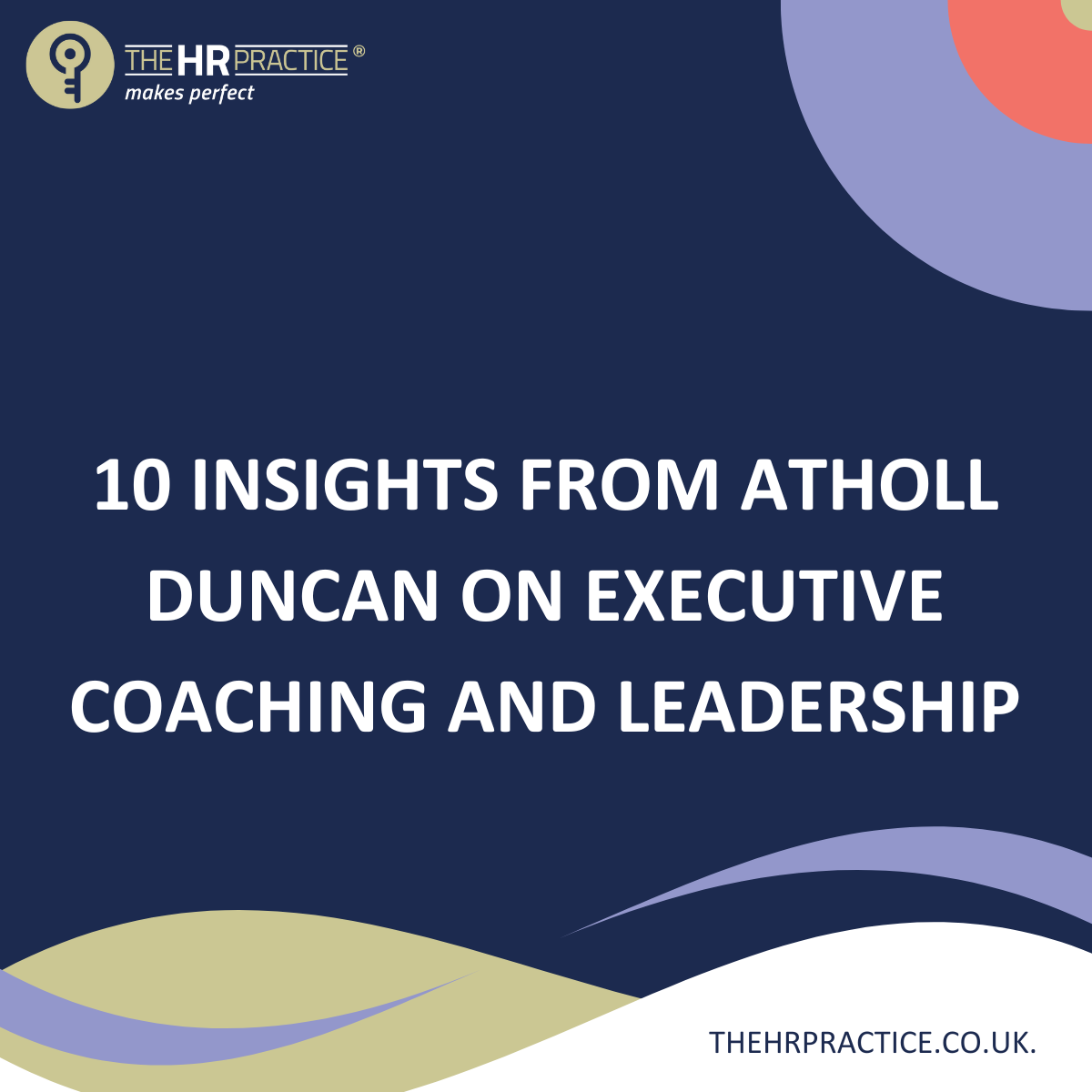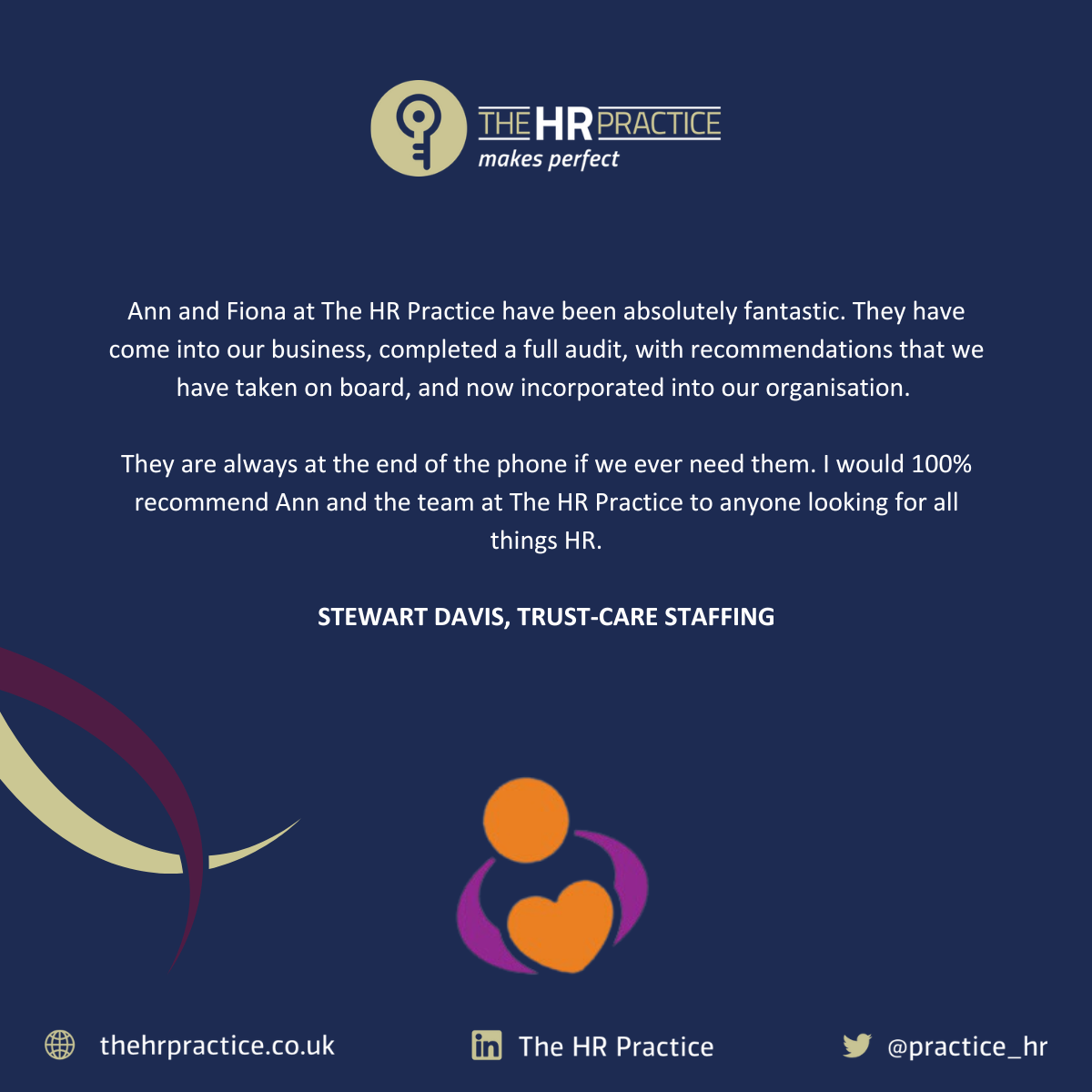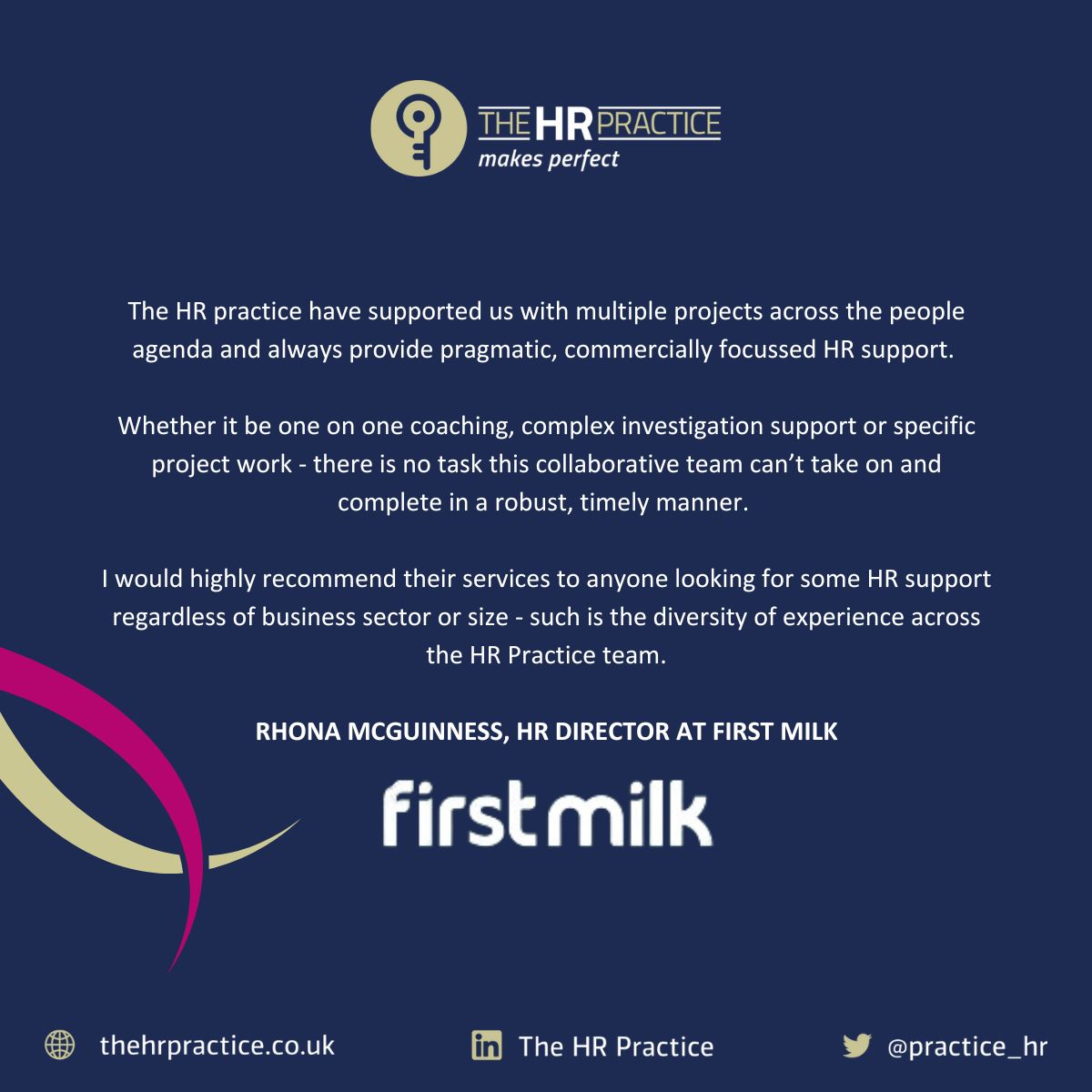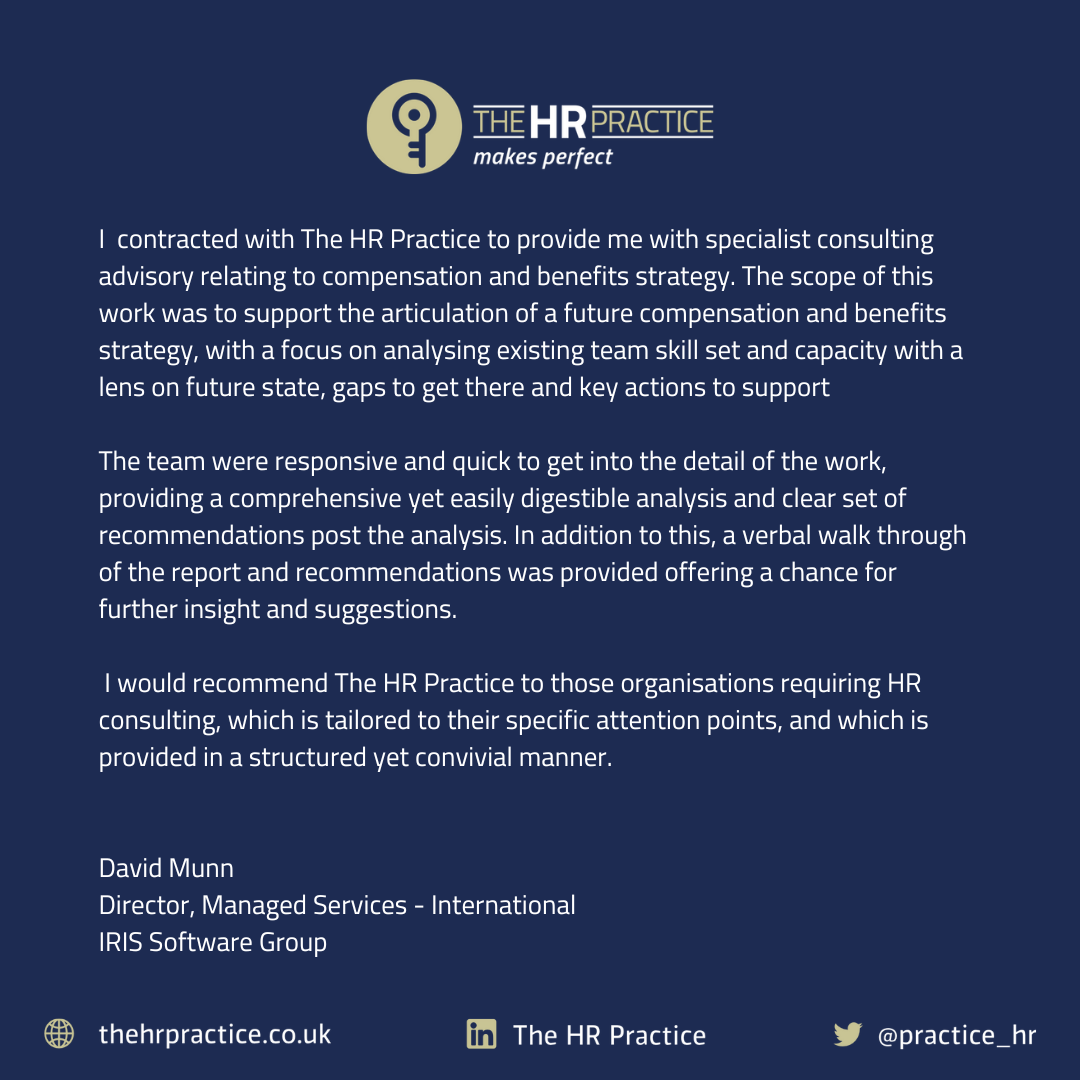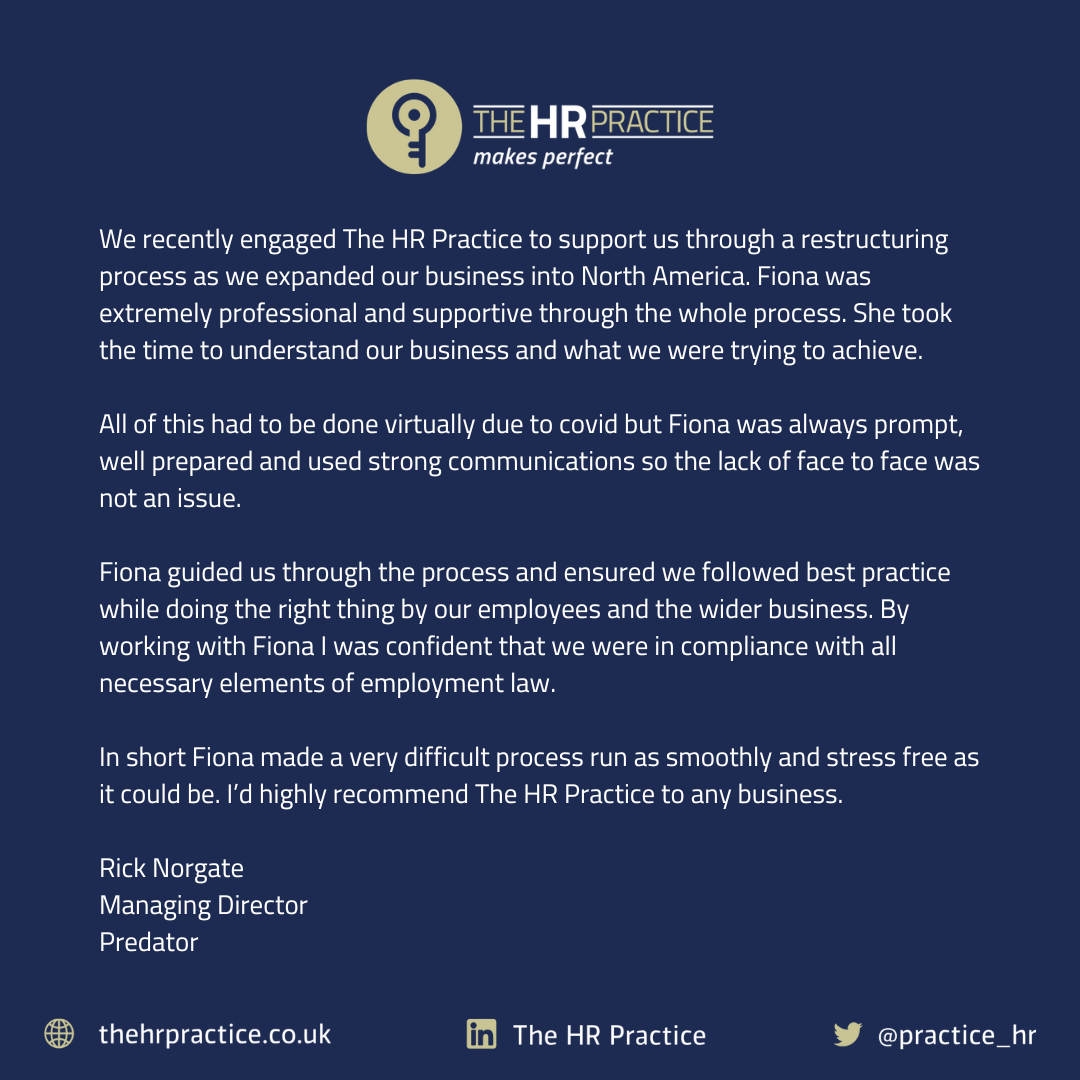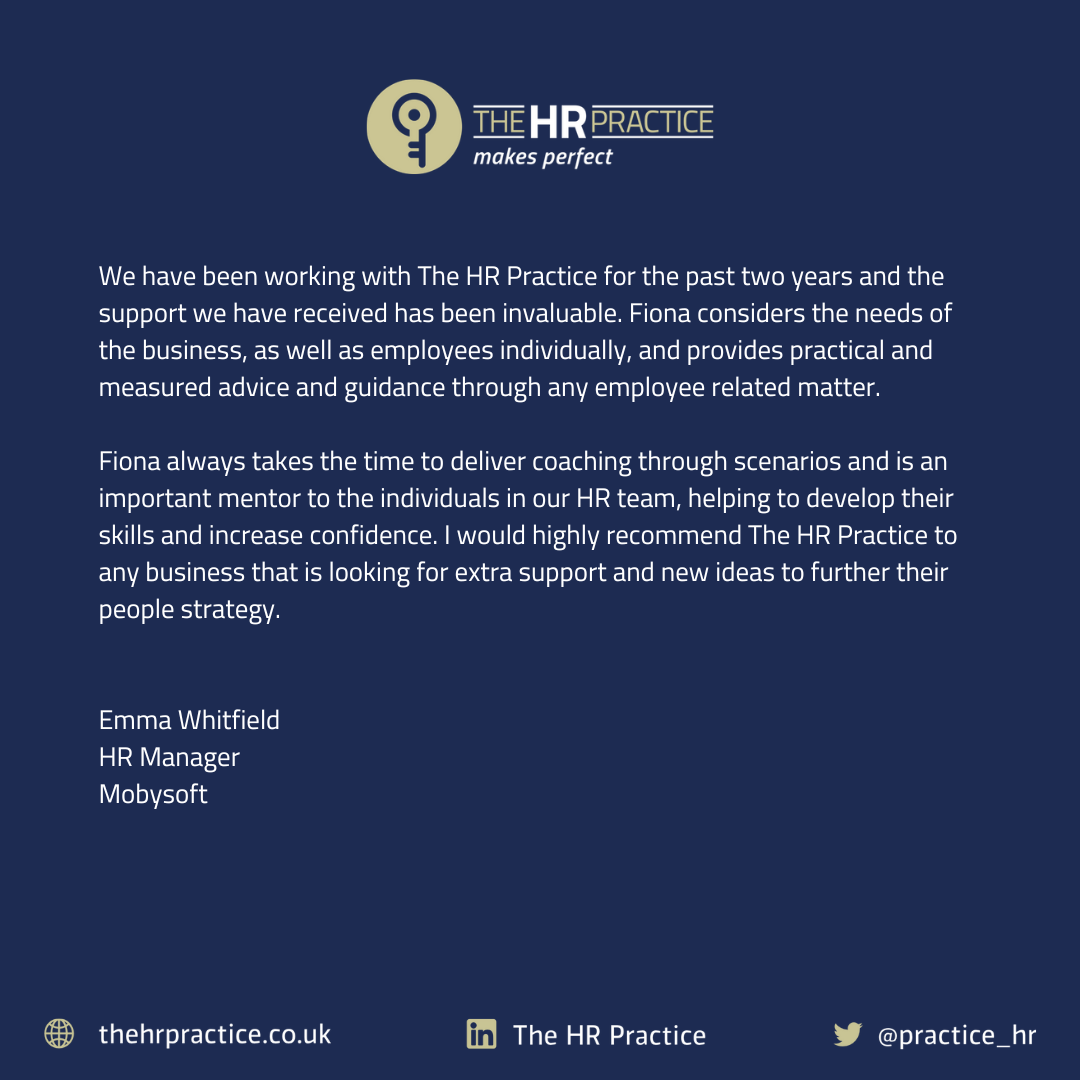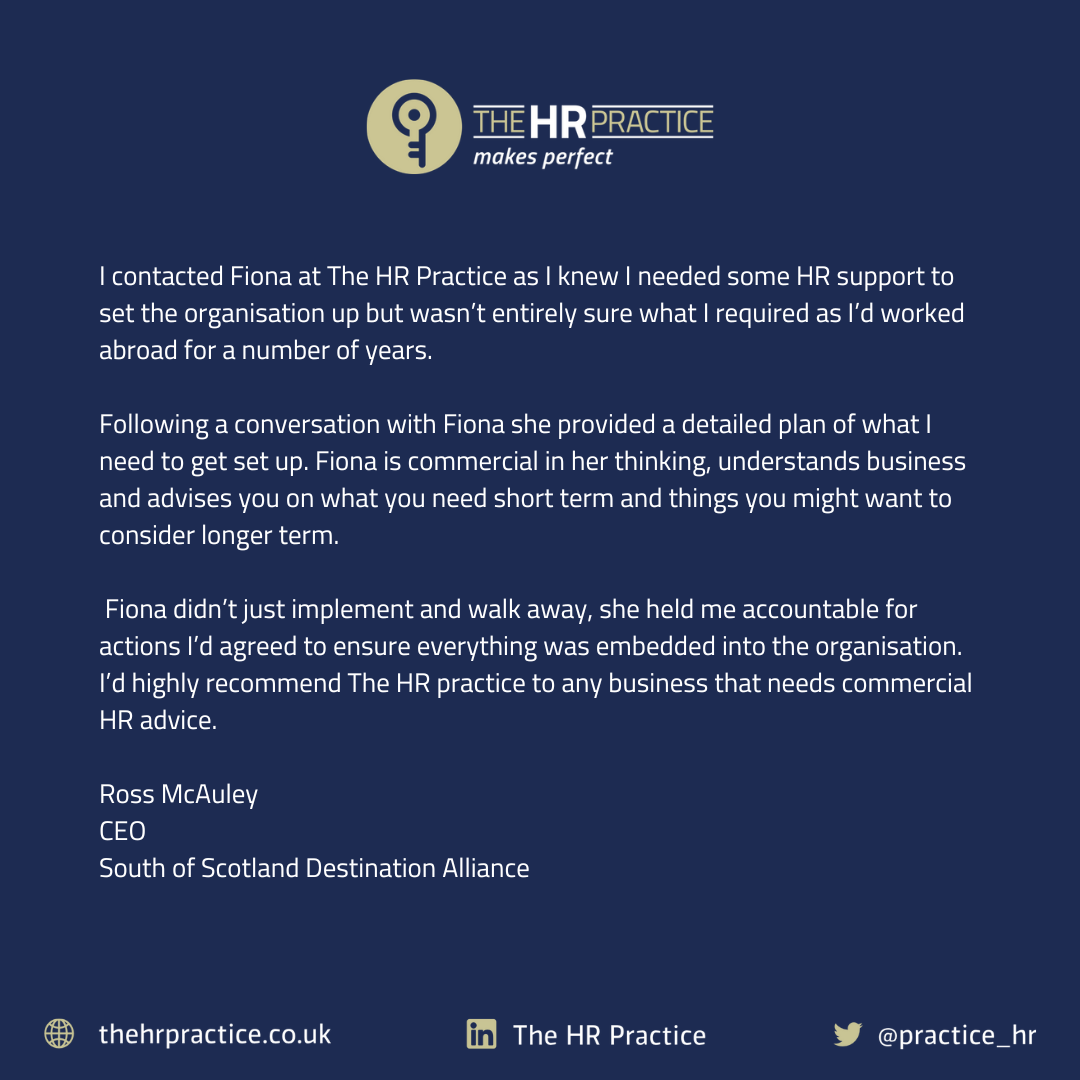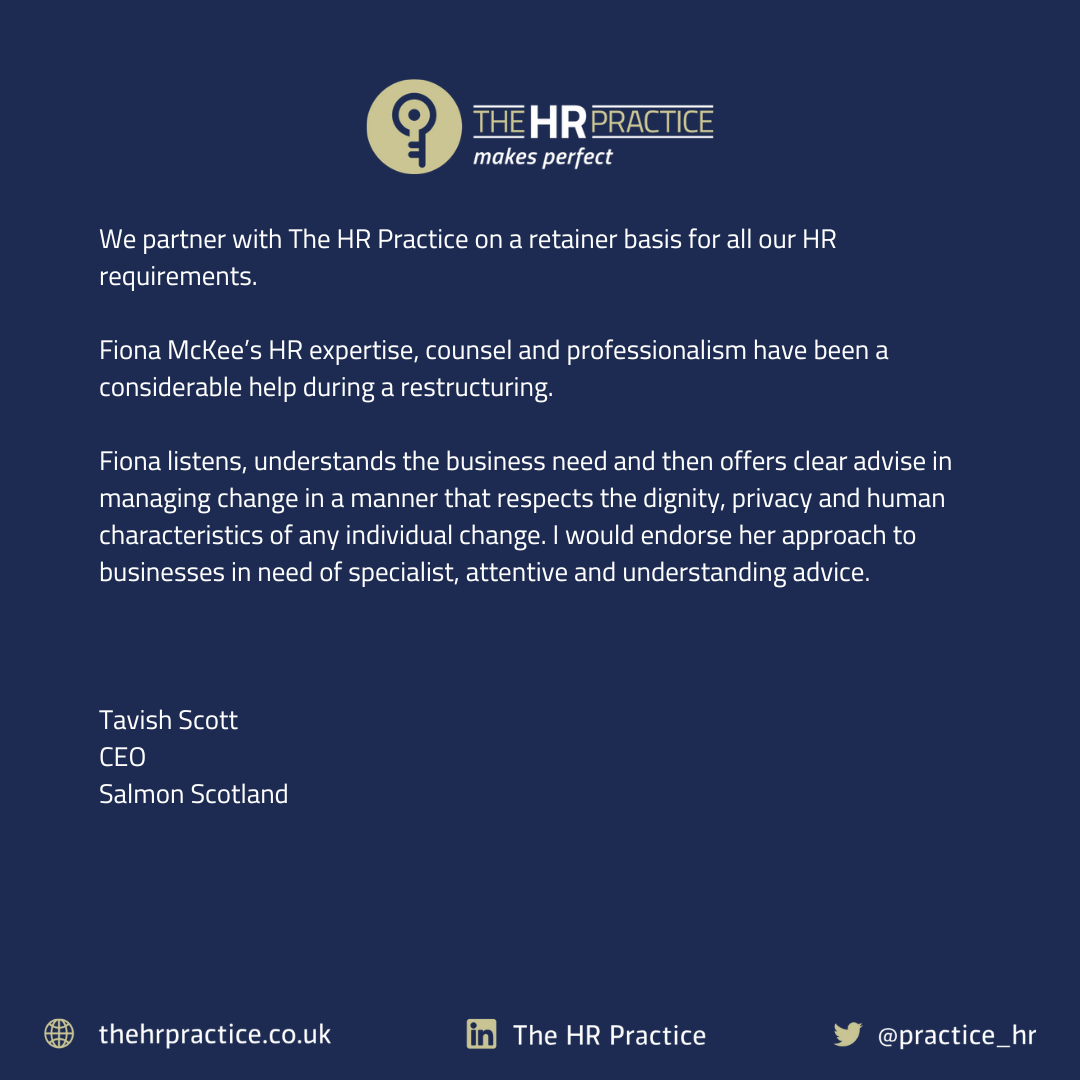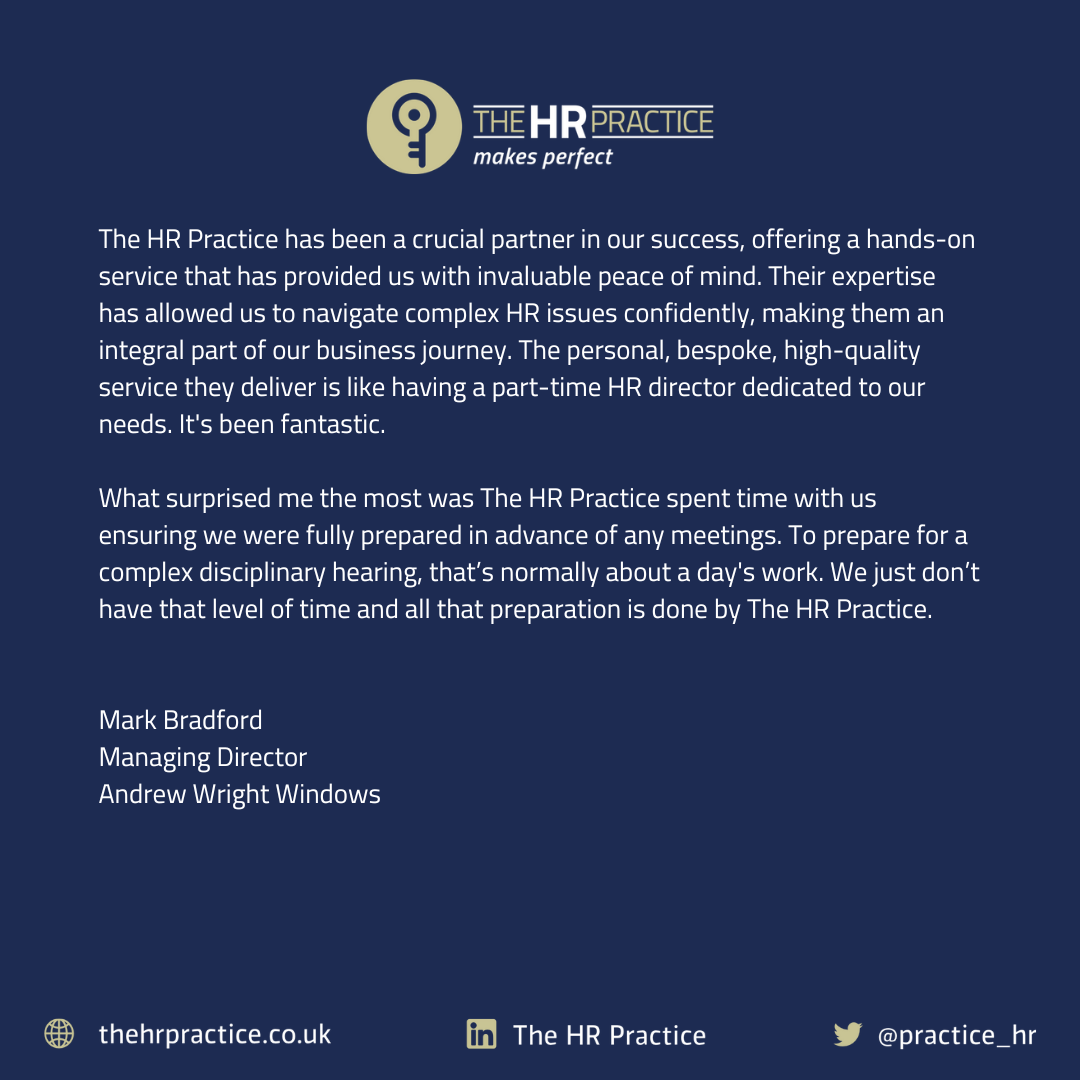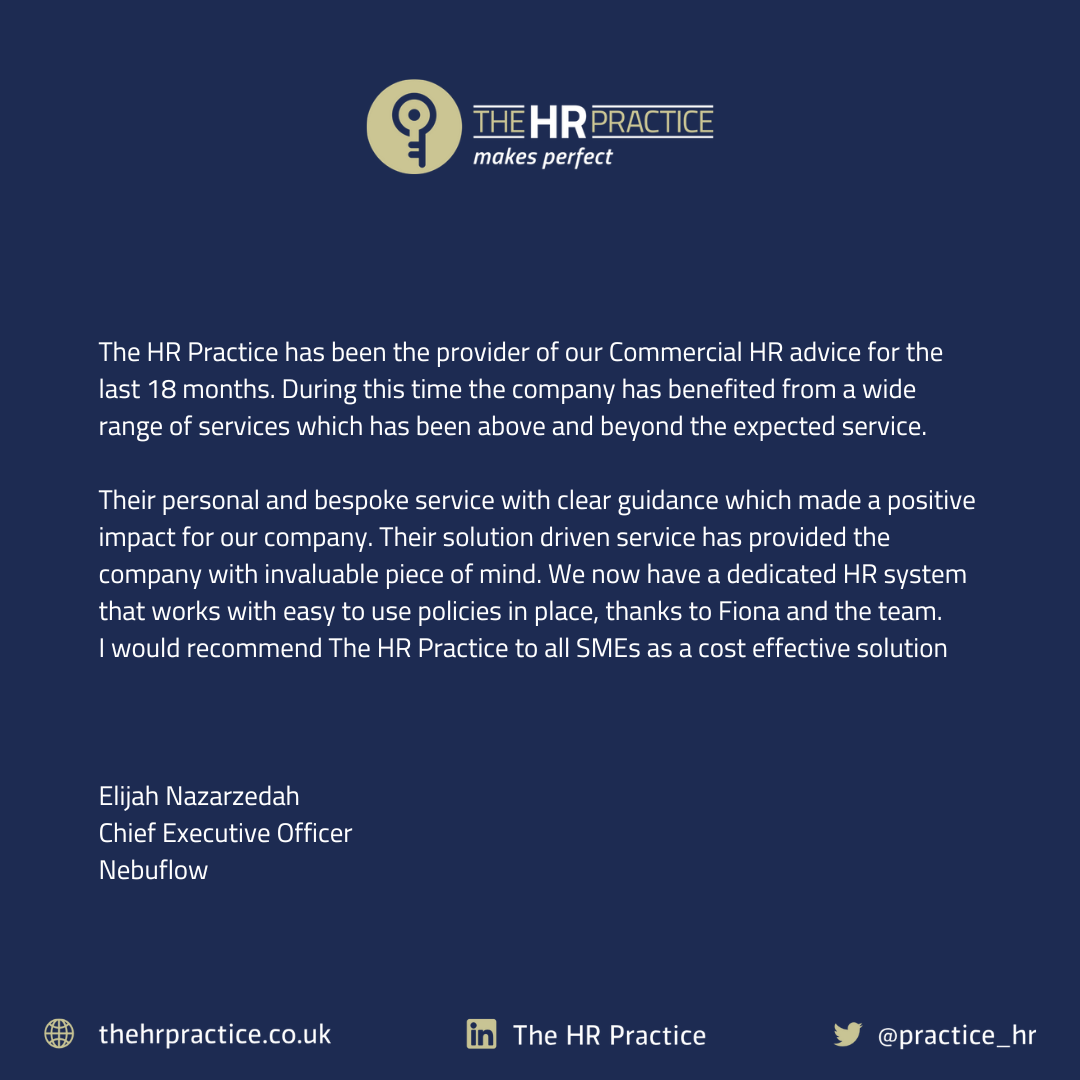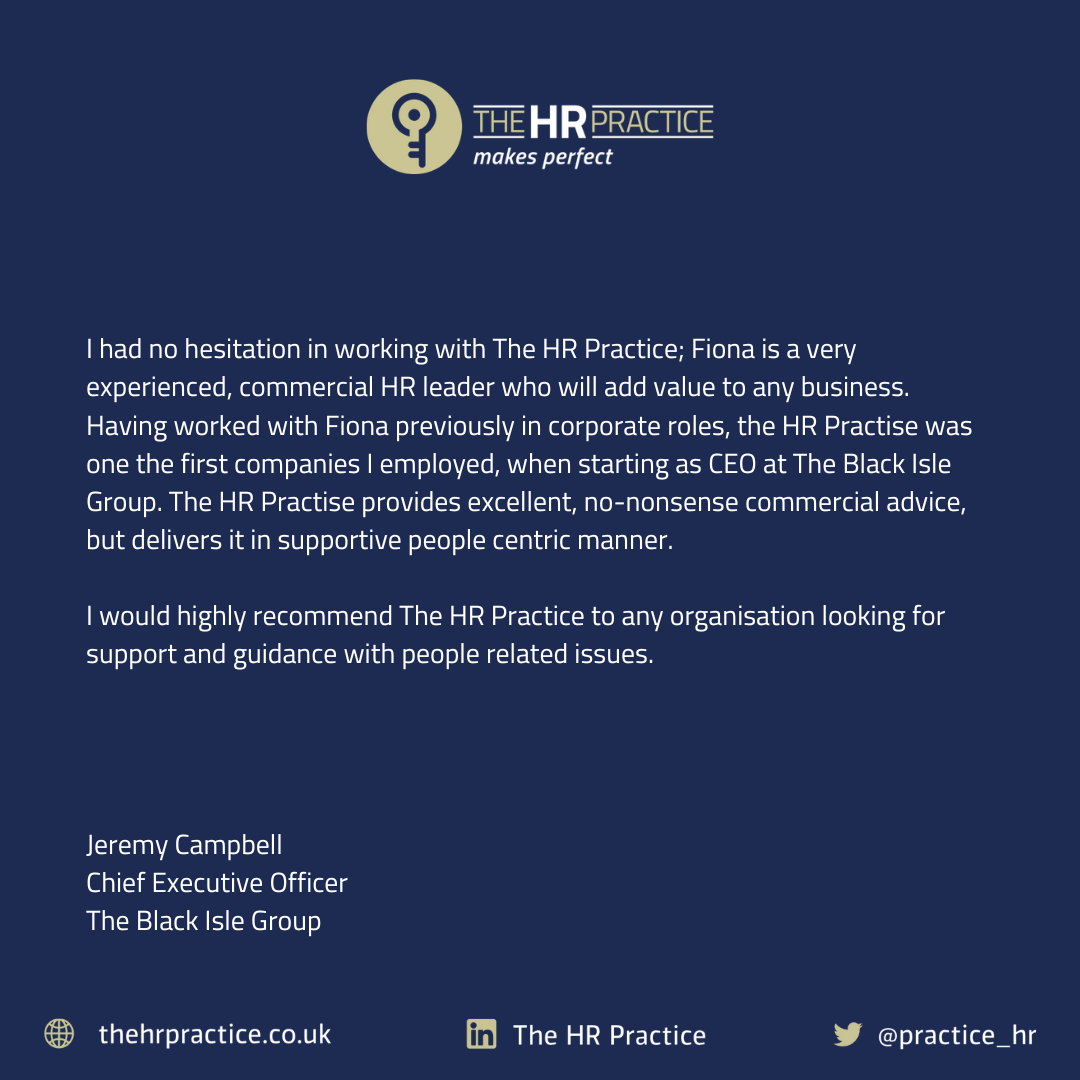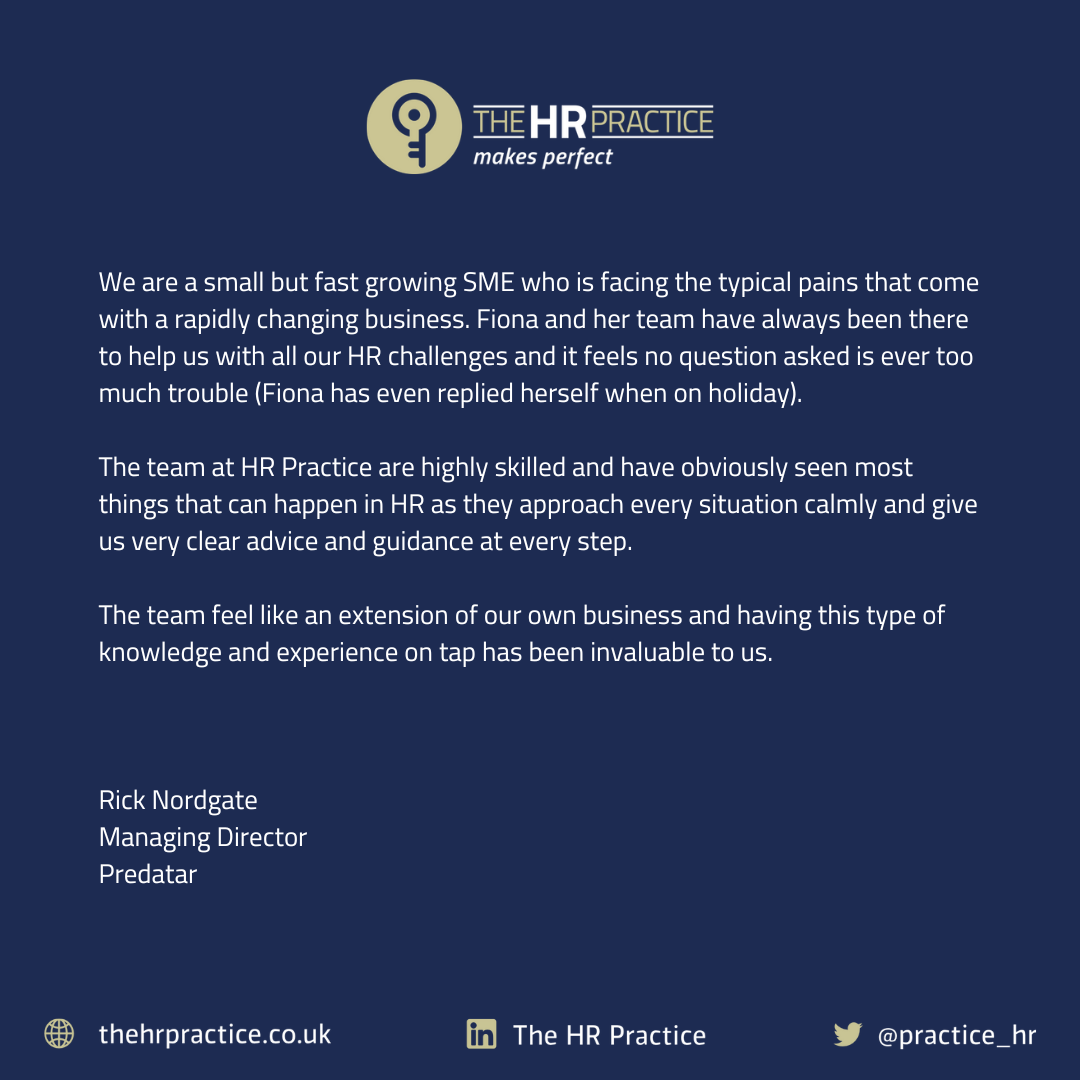Executive coaching has gained immense traction as leaders increasingly recognise its value in achieving transformational growth. In a recent LinkedIn Live discussion with Fiona McKee, Atholl Duncan, founder of Edge Coaching Consultancy and former Head of BBC Scotland News, shared valuable insights on coaching, leadership, and the journey to personal and professional growth.
Here are the top 10 takeaways from their conversation:
1. Coaching, Mentoring, or Advising? Know the Difference
Atholl explains, “Mentors often share their expertise. Advisors act as consultants. A coach holds up a mirror to help you find your own solutions and make transformational changes.” Knowing what you need is the first step to finding the right support.
2. The Coach’s Role: Balance Reflection with Guidance
An executive coach doesn’t just help you reflect—they provide insights when needed. “The aim is to help coachees make shifts. What got you here won’t get you there,” Atholl notes.
3. Leadership is a Lifelong Journey
Even top leaders have room to grow. Atholl emphasises, “You never stop learning. If you stop, you start losing.” He encourages leaders to think strategically and move beyond operational tasks.
4. Create a World-Class Team
Atholl highlights the importance of team development: “Leaders often spend too much time on poor performers and not enough on developing talent. A world-class team is bold, ambitious, and focused on transformational growth.”
5. Move from the Dance Floor to the Balcony
A great metaphor Atholl uses is to step back from the “dance floor” of day-to-day operations and move to the “balcony” for a big-picture perspective. “Leaders must focus on visionary, sustainable goals, not just getting things done.”
6. The LEADING Model for Leadership Development
Atholl uses the LEADING framework to help leaders assess and improve:
- Look like a leader: Align your behaviour with top leaders.
- Empathy, empowerment, and emotional intelligence: Build trust and delegate effectively.
- Awareness: Reflect and use psychometrics to identify growth areas.
- Delivery: Inspire action.
- Impact: Communicate clearly and effectively.
- Nurturing: Develop your team.
- Game-changing: Drive transformational, not incremental, change.
7. Create a Coaching Culture
Atholl shared how organisations can benefit from embracing coaching. “Coaching isn’t just for problems anymore. It’s about gaining that extra edge—like Novak Djokovic seeking a coach in Andy Murray, to refine his game further.”
8. Choose the Right Coach
Finding the right coach requires clarity and chemistry. Atholl advises, “Don’t settle for someone who gives you an easy time. Choose someone who will challenge and push you to grow.”
9. Tackle Live Challenges
Atholl recommends addressing real-time issues during coaching sessions. “Whether it’s preparing for a board meeting or managing a team challenge, focus on live issues to maximise the impact.”
10. Ask the Right Questions
Atholl shares two Olympic-inspired questions for growth:
- Do you want to get better at what you do?
- Have you reached your full potential?
If the answer to the second question is “no,” the next step is defining how to close the gap.
Final Thoughts
Atholl Duncan’s insights highlight the power of executive coaching in leadership development. By focusing on personal growth, building world-class teams, and shifting perspectives, leaders can achieve transformational success.
As Atholl says, “The people who can define and focus on the right few things that will shift the needle are the ones who move to high performance.”

